Introduction
We all want safe drinking water for ourselves, free of harmful pollutants. But have you ever thought about how those same contaminants might affect your garden? The clean, filtered water we drink every day is not just good for us; it's also good for our plants. Reverse osmosis water, which removes toxins from our water supply, can extend the same protection and nourishment to our greenery. In this article, we are going to tell you why using RO water is not only good for our health but also paves the way for healthier and fresh plants.

What Are the Essentials of Plant Watering?
The right water can be the difference between a plant that thrives and one that merely survives.
Water Quality
Water quality is just as important as quantity. Just as we prefer clean drinking water, plants, too, thrive on water devoid of injurious pollutants. Often too small to see, these can block a plant from taking up nutrients efficiently, which can result in stunted growth or disease.
The Impact of Pollutants
These common pollutants in our water, such as chlorine, fluoride, and lead, have adverse effects on the health of plants. Chlorine is known to destroy very tender root systems, while fluoride, though added to the water supply due to dental health benefits, accumulates in the soil and causes toxicity problems with plants. Lead, also so common in old piping, can leach into water and be toxic to both plants and humans.
pH Value
Another critical aspect of water quality is its pH value, which measures the acidity or alkalinity of the water. Most plants can absorb nutrients optimally within the pH range of 6 to 7. Water with a high pH or low pH-acidic can disrupt this balance and may lead to nutrient deficiencies or toxicities that impede growth and affect health.
High-Quality H2O for Sensitive Species
Certain plants have more stringent requirements when it comes to water quality. Take carnivorous plants, for instance – they've evolved in environments with very pure water and thus are sensitive to the slightest impurities. For these and other delicate species, water with an extremely low Total Dissolved Solids (TDS) level is not just preferred but necessary.

Tap vs. Rainwater vs. RO: Which Water Source Wins for Plant Health?
|
Water Type |
Pros |
Cons |
Best For |
Additional Details |
|
Unfiltered Tap |
Readily available |
Contains harmful chemicals; can disturb soil pH and nutrient absorption. |
Occasional use with filtration or treatment; not for sensitive plants. |
Consider using a filter to remove chlorine, fluorine, and other common contaminants. |
|
Rainwater |
Natural; often soft; free of added municipal chemicals |
May carry pollutants like algae, bacteria, fungi, pests; variable quality. |
Outdoor gardens; treated rainwater for indoor plants. |
Collecting and storing rainwater requires proper filtration before use on indoor plants. |
|
Softened Water |
Lower mineral buildup compared to hard water |
Sodium chloride used in softening can accumulate in soil and harm plants. |
Infrequent use to avoid sodium build-up in soil. |
Should be used sparingly; not recommended as a primary watering source. |
|
RO Water |
Purified; free of any harmful contaminants |
Needs initial investment for long-term benefits. |
All plant types(It's safe for people as well as for your plants); especially sensitive indoor plants, like carnivorous plant. |
Countertop models use remineralization to restore minerals and balance pH levels, for the health for both human and plants. |
|
RO Reject Water(Wastewater) |
After pre-filtration, a large amount of impurities such as mud, rust, chlorine and bleaching powder in the water have been filtered out. |
Slightly higher salt content |
Non-sensitive plants like Sally, cactus Charlie, and aloe Vera. |
Countertop models allow waste water collection for reuse. Under-counter models has higher waste ratio and sends all the wastewater to the drain. |
RO water is the best feed for a wide variety of plants and especially important for sensitive indoor plants, as it is purely free from all contaminants. However, if you care about wasting water, wastewater from the RO systems with higher salt concentrations can be utilized effectively. This "waste" or rejected water could become a very good source for the irrigation of plants with a higher tolerance to salinity.

Can RO Water Transform Your Garden's Health?
Using reverse osmosis (RO) water can be beneficial for plants. Here's how it benefits them and some general tips to water your home garden effectively.
The Benefits of RO Water for Plants
RO water elevates plant care by providing a contaminant-free source that promotes healthy growth. Being extremely versatile, it allows one to add mineral content and balance the levels of pH to suit your plant's needs. This consistency gives plants the nutrients they need in order for the plants to grow healthily. The plants will also love this quality of water since RO provides them with a steady and consistent environment without fluctuations in quality, as in the case of tap or rainwater. Therefore, it will enrich the quality of the garden by producing strong plants.
Universal Home Gardening Watering Tips
While RO water offers superior benefits, the fundamental methods of watering remain crucially important:
- Deep Watering: Rather than a shallow sprinkle, ensure water reaches the roots where it's needed most.
- Morning Routine: Watering in the morning prepares plants for the heat of the day and reduces evaporation loss.
- Observe Your Plants: They'll tell you if they're thirsty or overwatered-droopy leaves can mean either.
- Check the Weather: Due to warmer temperatures and sunlight levels increasing, plants need more regular watering; adjust your watering schedule accordingly.
- Use the Right Amount: Overwatering can be as harmful as under-watering. Research each plant's needs.
- Finger-Test the Soil: Before watering, stick your finger into the soil. If it's dry an inch down, it's time to water.
Top Home Countertop RO System: ROPOT-Lite (UV)
Just as pure drinking water is vital for human health, plants also prosper on water with a quality that is whole and pure. ROPOT-Lite(UV) connects this need between human beings and their leafy companions smoothly. It provides an assurance that water in your house is not only safe for direct consumption by you and your family but also furthers the healthy growth of your plants, even the sensitive plant type, like carnivorous plant. Equipped with a powerful seven-stage purification process and enhanced with UV light, the ROPOT-Lite(UV) guards against contaminants that could be harmful to human and plant health.

Even better, this system includes a patented remineralization filter to put back important minerals and balance the pH level that plants need after it purifies the water. This helps your plants get the right nutrients they need from the water to grow strong in a suitable soil environment. Plus, the filter is designed for versatility and can be easily attached and detached in just three seconds with one hand, allowing for a quick switch between mineral-rich and pure water.
By using the ROPOT-Lite (UV) RO water system, you're giving your plants a constant supply of good water. It takes care of the hard work, so you don't have to worry about things like chemicals or the wrong pH messing with your plant's growth.

Ensuring Health with ROPOT-Lite (UV) for You and Your Garden
With the introduction of the ROPOT-Lite (UV) system into your home, not only do you ensure that you're drinking water of the purest quality, but you also provide your plants with a healthier and stronger environment in which to thrive. This advanced RO system delivers a clean, mineral-balanced supply of water, free from harmful pollutants and with an ideal pH balance - crucial for robust plant growth. As it simplifies the process of plant care through sophisticated technology, remember that optimal growth also depends on skilled watering practices. By combining the benefits of RO water with proven gardening techniques, your garden is set to become a lush retreat. Here's to the shared health of you and your plants, nourished by the ROPOT-Lite (UV).
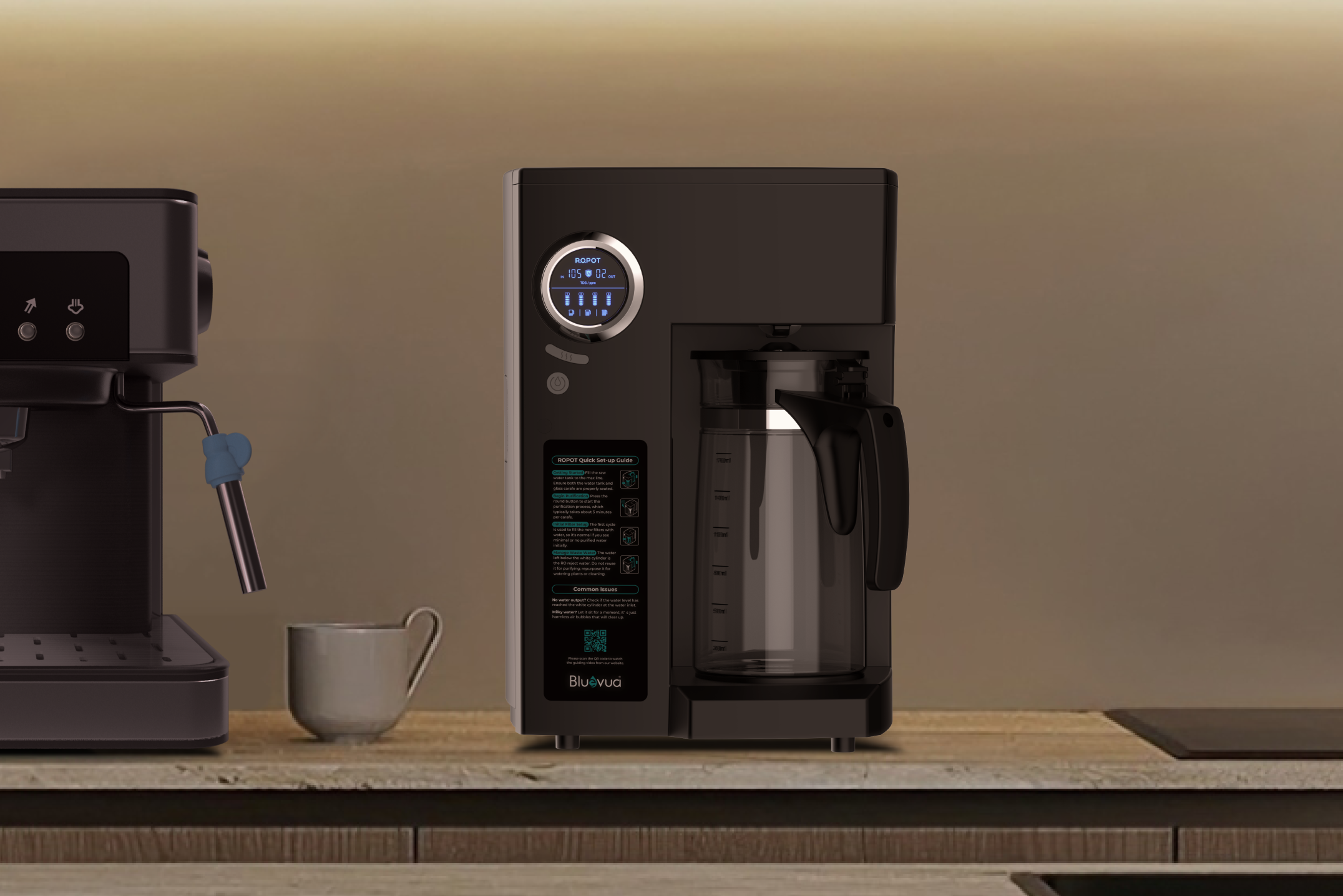
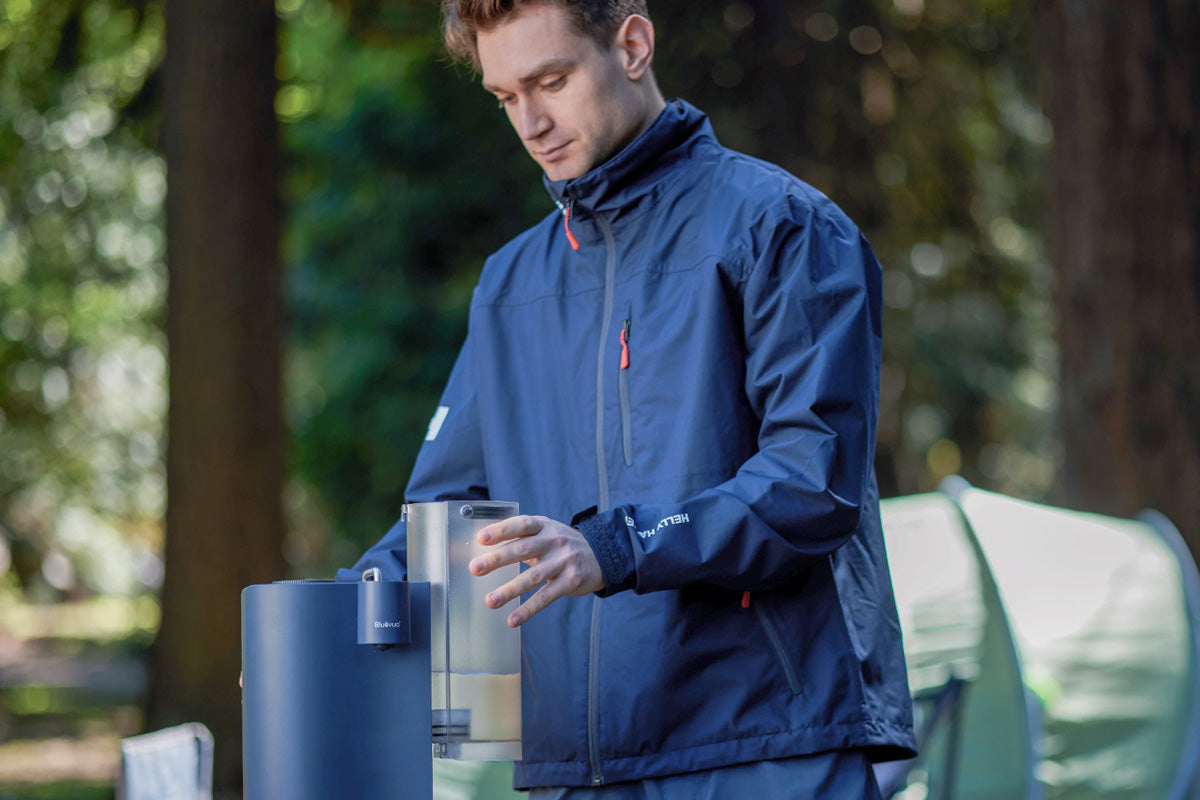
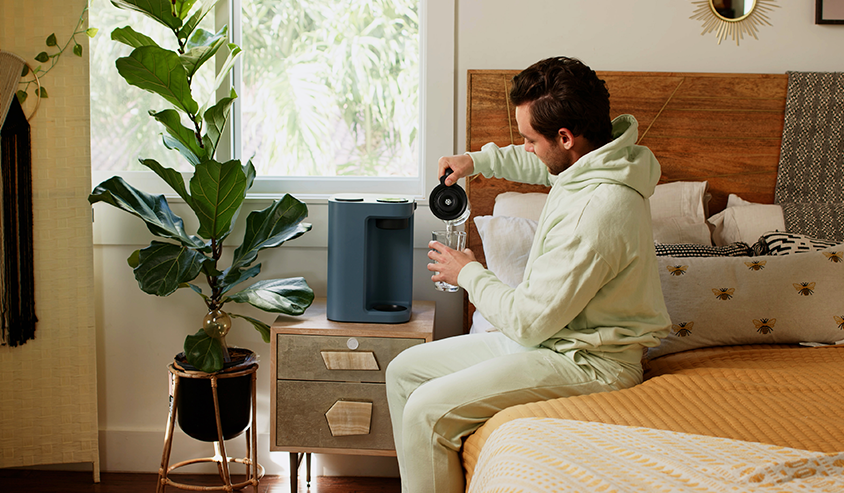
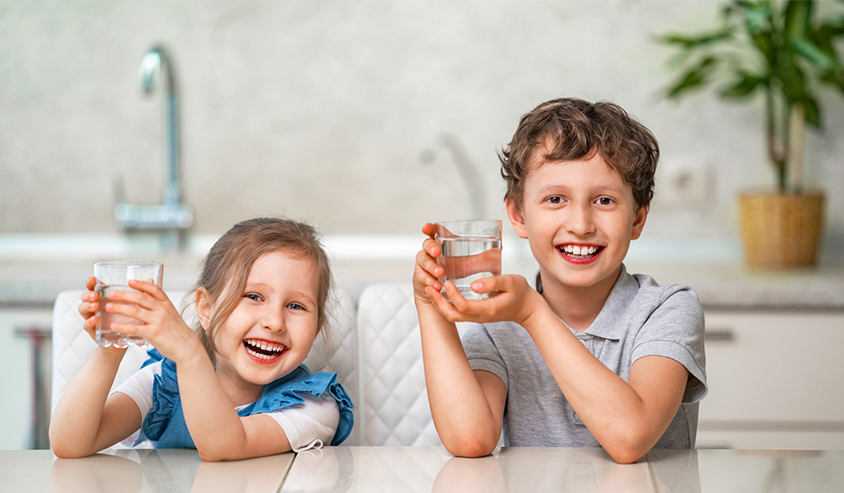
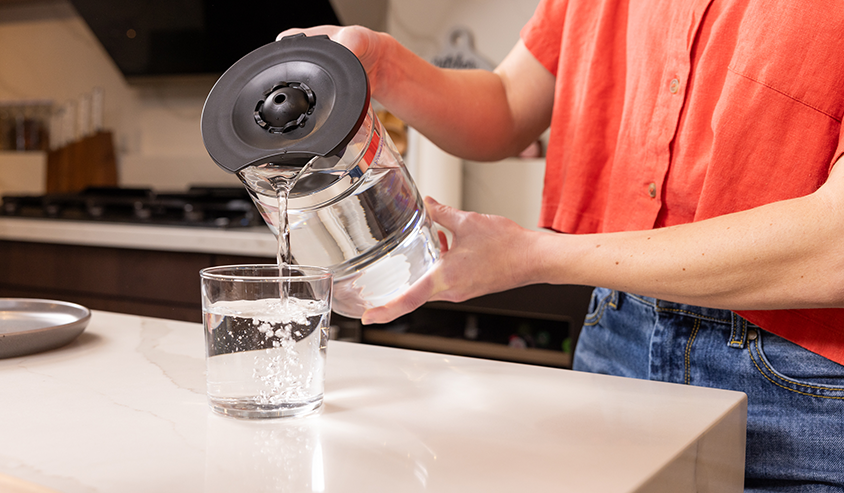
Leave a Comment
All comments are moderated before being published.
This site is protected by hCaptcha and the hCaptcha Privacy Policy and Terms of Service apply.